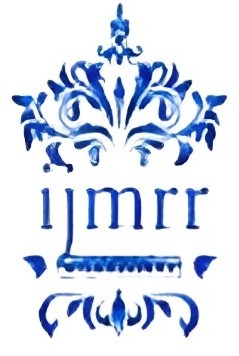Scene to Text Conversion and Pronunciation for Visually Impaired People
Abstract
Access to written information is a critical challenge for visually impaired individuals. This project, "Scene to Text Conversion and Pronunciation for Visually Impaired People," aims to address this challenge by developing a syste capable of identifying text in captured images and converting it into audible output. The system utilizes the Maximally Stable Extremal Regions (MSER) algorithm to detect and extract text regions from various scenes effectively. By integrating Optical Character Recognition (OCR), the extracted text is converted into a digital format for further processing.
The converted text is then transformed into speech using a text-to-speech (TTS) engine, providing users with real-time audio output. The combination of MSER and OCR ensures precise and efficient text detection and recognition, even in complex environments with varying lighting and background conditions. This technology is designed to empower visually impaired individuals by making printed and digital text content more accessible.
The project is implemented using MATLAB software, which provides a robust platform for executing the algorithms and processing images efficiently. By enabling seamless conversion of visual text to speech, this system contributes to dependence and daily











